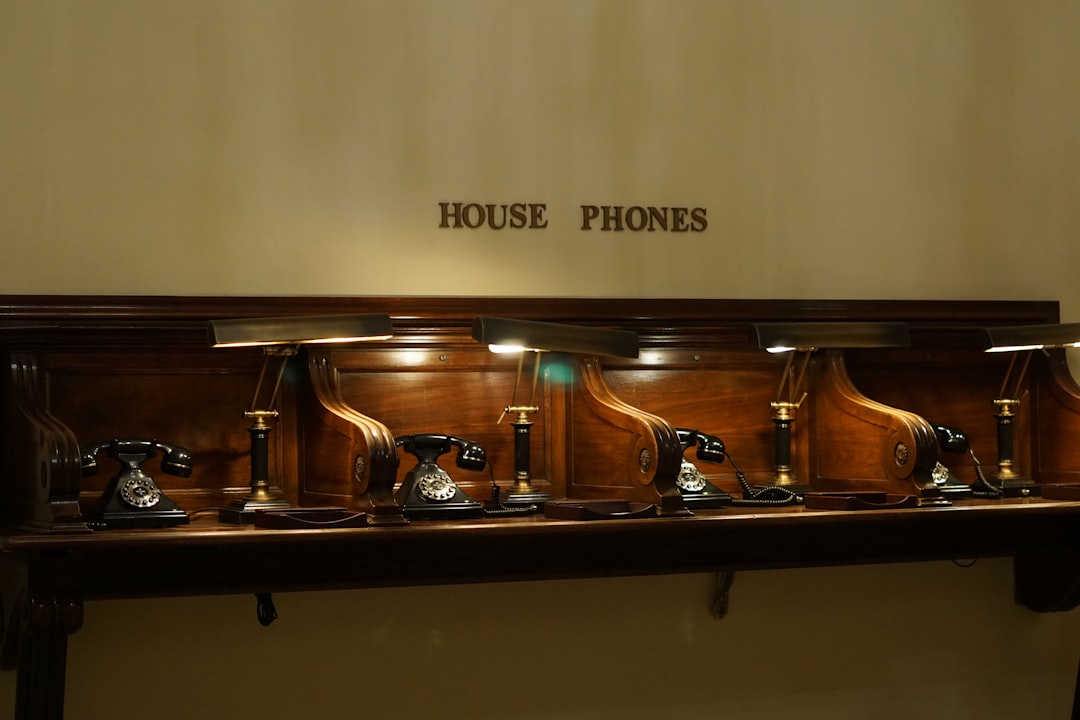In Idaho, both state (Idaho's Collection Practices Act) and federal (Telephone Consumer Protection Act) laws protect consumers from aggressive debt collection practices. To stop debt collector calls, register for the state's free Do Not Call list via the Attorney General's website or by mail, blocking telemarketers including law firms. Effectively communicate your desire to be left alone, document interactions, and know your rights under the Fair Debt Collection Practices Act (FDCPA). Violations of Idaho's Do Not Call regulations can result in fines and penalties for debt collectors.
Tired of relentless debt collector calls? You’re not alone. Understanding your rights under Idaho’s do-not-call laws is crucial for regaining control. This guide dives into how to register with the state’s official list, effective communication strategies to halt calls, and the legal repercussions for debt collectors ignoring your requests. Learn from experts about navigating Idaho’s do not call regulations, specifically targeting law firms engaging in excessive collection efforts. Take back your peace of mind today!
Understanding Your Rights: Idaho's Laws on Debt Collection

In Idaho, both state and federal laws protect consumers from aggressive or unfair debt collection practices. Understanding your rights under these laws is crucial when dealing with persistent debt collector calls. The Telephone Consumer Protection Act (TCPA) restricts how debt collectors can communicate with individuals, including the use of automated dialing systems and prerecorded messages. This federal law also provides consumers with the right to request that their phone number be added to a “Do Not Call” list.
Additionally, Idaho’s collection practices act outlines specific rules for debt collectors operating within the state. These include restrictions on the time of day they can contact you (generally between 8 am and 9 pm), requiring them to provide valid identification when requesting payment, and prohibiting false or misleading statements during collection efforts. Consumers in Idaho also have the right to dispute the debt and request validation of the debt from the collector. Knowing and exercising these rights can help reduce the number of unwanted debt collector calls.
How to Register for the Do Not Call List in Idaho

To stop debt collector calls in Idaho, registering for the state’s Do Not Call list is an effective step. The process is straightforward and free. You can register online through the Idaho Attorney General’s website or by submitting a form via mail. When you sign up, you’re adding your phone number to a registry that prohibits telemarketers, including debt collection agencies, from contacting you without prior consent. This means no more unwanted calls from law firms seeking payment for debts you may or may not owe.
Remember, this list is specific to Idaho and covers both residential and business lines. Once registered, it’s crucial to maintain your status by updating any changes in ownership or number. By doing so, you ensure the protection of your privacy rights under the Do Not Call law firms Idaho regulations.
Effective Communication Strategies to Stop Debt Collector Calls

When dealing with debt collector calls, effective communication is key. The first step is to clearly and firmly inform them that you do not wish to be contacted by their firm or any other law firms in Idaho. This can be done politely but assertively—state your intention to resolve the debt issue without further contact from them. Repeat this request each time they call, ensuring they have a clear record of your instruction to “do not call.”
Additionally, document every interaction, including the date, time, and details discussed. This documentation can be powerful when exercising your rights under the Fair Debt Collection Practices Act (FDCPA). You have the right to request validation of the debt and to have it stopped from contacting you if it’s inaccurate or if you dispute it. Having detailed records will assist in verifying your case should any disputes arise.
Legal Recourse and Consequences of Violating Do Not Call Regulations

In Idaho, as in many other states, consumers have legal recourse against debt collectors who violate the Do Not Call (DNC) regulations. The Telephone Consumer Protection Act (TCPA) and state-specific laws provide robust protections for individuals who wish to stop unwanted phone calls from debt collection agencies. If a debt collector continues to contact you after being placed on the DNC list, it can result in significant legal consequences for the collector.
Fines and penalties can be imposed on debt collectors who knowingly or negligently ignore the DNC regulations. Consumers can file complaints with the Federal Trade Commission (FTC) and seek individual damages for each violation. In Idaho, consumers can also take their case to small claims court, where they may be entitled to compensation for harassing phone calls, including costs and attorney fees. It’s crucial that debt collectors respect consumer rights, as violations of Do Not Call laws can lead to reputational damage and substantial financial penalties.






